
95% of disabled people won’t travel abroad until there is a vaccine for Covid-19 or we know more about it
A survey conducted by Disability Horizons in partnership with Strive Mobility, a mobility aid hire company, has found that nearly 60% of disabled and chronically ill people won’t travel abroad until we know more about Covid-19, and 39% until there is a vaccine. 49% also feel unhappy about the reopening of holiday accommodation in the UK.
Read on to find out what the new travel guidelines are for going abroad, what safety measures holiday accommodation in the UK have to put in place, and discover more about what disabled people really think about the new changes.
The Government has announced the next phase of the lockdown easing, with the reopening of holiday accommodation in the UK and people being allowed to travel abroad by plane, train or ferry.
There will still be essential safety measures in place, including social distancing, wearing face coverings, regular hand washing and strict cleaning protocols.
What are the changes to travel guidelines in the UK?
From 4th July, holiday accommodation – which includes hotels, holiday cottages, campsites and caravan parks – were allowed to re-open.
From 10th July, airports, train stations and seaports could welcome back passengers to travel abroad, including France, Spain, Italy and Greece. The Government has also listed 75 countries that are exempt from the 14 day quarantine period when returning to the UK.
How will holiday accommodation open safely in the UK?
To ensure the safety of guests and staff, a number of measures should be put in place before doors can reopen. These include:
- additional cleaning before and after a guest stays over
- providing cleaning products to guests staying in self-catering accommodation
- making hand sanitisers available in self-catering accommodation, rooms and communal areas
- ensuring guests and staff wear face coverings in communal areas
- ensuring guests and staff maintain social distancing
- staggering arrival times for guests to prevent queues and crowding
- allowing guests to pay contactless where possible
- leaving room service orders outside rooms.
Employers have a legal obligation to ensure their business is safe for their staff and others, so all venues are required to do a risk assessment and decide on the measures to take based on their particular circumstances.
As such, every venue will have different procedures in place, so if you are going on a staycation, make sure you check the safety of your specific accommodation.
To find out more about the health and safety guidelines for holiday accommodation in the UK, read the Government’s guidance for people who work in or run hotels and other guest accommodation.
Which countries can I travel to without having to quarantine?
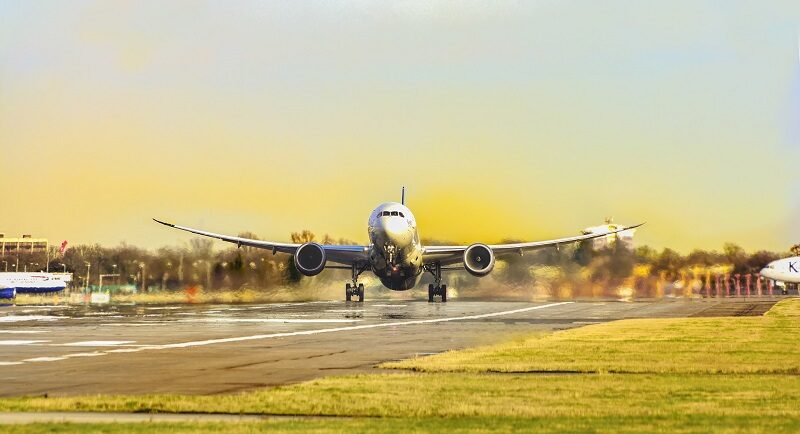
The UK Government has listed 75 countries you can visit without having to quarantine for 14 days when you return to England, Wales and Northern Ireland. These have been called travel ‘corridors’.
Some of the most popular countries include:
- Austria
- Belgium
- Croatia
- Cyprus
- Denmark
- France
- Germany
- Greece
- Hungary
- Italy
- Malta
- Poland
- Spain
- Switzerland
- Turkey
UPDATE: From 26th July, people returning from Spain will need to quarantine for 14 days due to a spike in coronavirus cases in the country. The foreign office is advising people only to go to Spain for essential travel.
When visiting another country, you will still have to obey by its social distancing and health and safety guidelines.
You can view the full list of all 75 countries on the Government website. For people living in Scotland, there are 50 countries you are exempt from quarantine rules on your return.
How disabled and chronically ill people feel about travelling
At the beginning of July, we ran a survey of 267 people across the UK to find out their thoughts on coming out of lockdown and the changes to the travel guidelines.
We spoke to disabled people and those with health conditions, as well as people living with someone who is disabled or chronically unwell.
Holiday accommodation opening in the UK
49% of the people we spoke to said they are really unhappy about holiday accommodation opening in the UK and certainly won’t be leaving their homes yet.
Many said that they feel the decision to re-open holiday accommodation is being made “too soon” and that it is rather unnecessary.
One respondent believes, “Holidays are the last thing on people’s mind” with another saying, “I do not feel a holiday is worth risking my health for.”
However, 41% of people said they are in fact fairly happy about it, but too apprehensive to book a holiday just yet.
Movement is likely to spread the virus
A number of comments centred around the concern that the opening of holiday accommodation in the UK will make the public think the pandemic is over. One said: “It gives the wrong signal to people that all is back to how it was before lockdown.”
Another agreed: “I think it’ll encourage movement around the UK, especially as people are still furloughed. If it is not safe for everyone to go back to work, it’s definitely not safe to encourage movement.”
For many people in the ‘vulnerable’ category living in tourism hotspots, they’re worried about visitors bringing the infection to their town.
One respondent said: “I live in a small holiday town, which gets flooded with holidaymakers, so this makes me very apprehensive… If someone has paid in advance but gets mild symptoms, I worry that lots will still come on holiday even if they have Covid-19 because they won’t want to lose money.”
Hygiene concerns about holiday accommodation
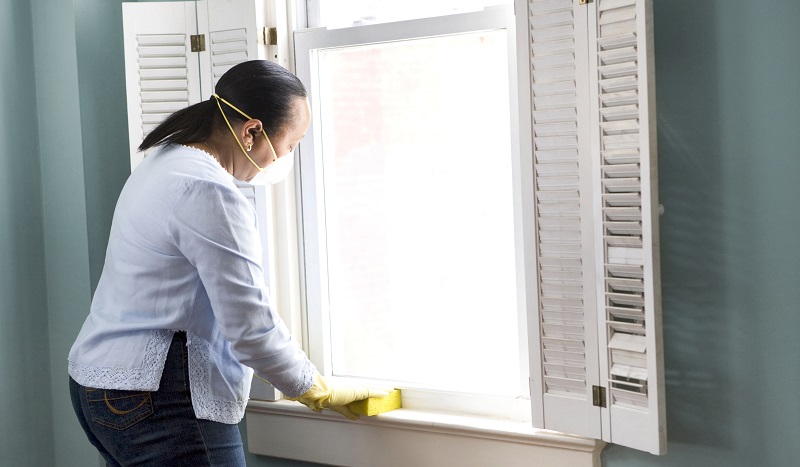
Others feel anxious about how clean holiday accommodation will actually be and how often facilities will be disinfected.
One person said: “Our lives are technically in the hands of those maintaining the venues. Whilst I feel hotels can easily be on top of this, I don’t see how any caravan/camping site can clean it’s shared facilities between every person visiting .”
Choosing the economy over health
Some believe that the Government is prioritising the economy over people’s health, preferring to re-open non-essential services, such as holidays, instead of more vital services.
One responding commented: “I think restrictions are being lifted too early. The economy is considered by the Government to be more important than the lives of the population – particularly the lives of vulnerable and elderly people.”
A Mother told us: “As the mother of a disabled adult we never go on holiday, and I don’t see it as a priority for society. I would have liked to have seen schools and the NHS sorted out first.”
Looking forward to a staycation
Although the majority are wary, 9% of people said they’re really happy about the re-opening of holiday accommodation in the UK and will be booking a holiday this summer.
As holidays can be good for mental health and self-esteem, some feel a break is worth doing. One person told us: “As long as rules are followed, we are OK. We need a home-based holiday break – a short local one.”
Others have expressed that they’d only go away to self-catered accommodation or go to their privately-owned holiday homes as opposed to a hotel.
“I would only be happy if it were self-catering accommodation, where strict cleaning regimes are in place and there is not the opportunity for large crowds of people to be in close proximity of one another.”
Travelling abroad during the Covid-19 pandemic
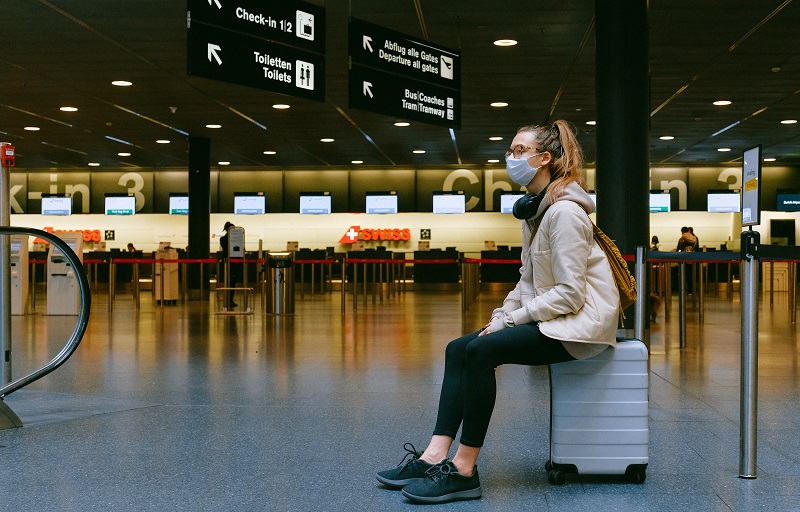
56% of the people we surveyed said that they won’t be going abroad until we know more about the virus and pandemic. People’s reasons were varied, but a lot didn’t see the benefits of a holiday outweighing the risks.
“At the moment, I don’t feel I want to go abroad, even if I could. There are too many risk and restrictions, such as social distancing, wearing of face coverings, sanitising etc, so I wouldn’t have a carefree time.”
“Travelling abroad is something I have loved doing three to four times a year for the past 14 years. Going to warmer climates gives my painful joints a break (I can be almost pain-free), and it is also great for me mentally… But due to my illness and disability, I cannot see how I can be safe on a plane or public transport and in a hotel or restaurant.”
“If I get sick, I don’t want to be in a crowded airport, on a plane or in a different country where I don’t speak the language and don’t know the medical systems.”
More than a third of respondents (39%) said they will not travel abroad until there is a vaccine for coronavirus.
One said: “It is a stupid idea when we don’t yet have a vaccine for protection.” Another commented: “We are happy to stay at home. We enjoy cruises, but consider that close confinement on a ship would be extremely dangerous until there’s an effective vaccine.”
Quarantine in other countries
Some people are concerned about having to quarantine in another country if cases of Covid-19 rise and the rules change whilst on holiday.
One person believes that if you go abroad, “You run a very high risk of being quarantined either in the country you visit or on return.”
Another respondent is concerned about lockdown in a foreign country. They said: “I’m just not willing to take the risk of going abroad and potentially having to lockdown whilst there or catch the virus.”
Accessibility and social distancing issues on aircraft
Disabled people have continuously faced barriers and accessibility issues with air travel. But with Covid-19, travelling aboard by plane is said to be even more challenging.
“It will be sometime before I go abroad. Having a disability results in many barriers to travel as it is, but many Covid-19 ‘access’ issues have left me more disabled. Longer queues, reduced disabled parking, reduced accessible transport, nowhere to sit, no access to accessible toilets. It’s been an absolute travesty.”
“Any flight I take involves people lifting me into the aircraft seat, which means social distancing is impossible unless family members or personal assistants can do it and are allowed to do so at both departure and arrival points.”
Happy to travel abroad
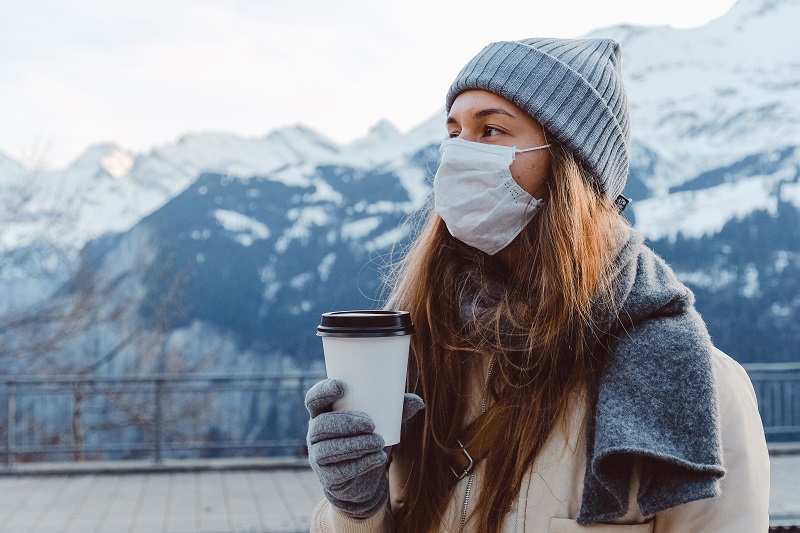
4% of people who took part in the survey are actually happy to go abroad as soon as possible. One person simply told us, “As long as it’s accessible and affordable, I’m off!”
Another is considering a holiday early next year. They said: “I’m looking at holidaying in February 2021 and will have to book soon or all disabled accommodation will be taken. I’m uncertain, but willing to book at least.”
They also told us that they managed to go abroad during the lockdown and it was perfectly safe: “We spent two months in Spain during February and March and shielded until we could get flights home. It seemed they had lockdown better organised than us. We will be happy to return next winter.”
Shailen, the founder of Strive Mobility, has been shielding his son since early March, but is now considering a short break outside of the UK this winter.
“Our son Krish is classed as ‘extremely vulnerable’ as a result of his disabilities, so my wife and I took the decision to pull him out of school before the lockdown actually started. So, like many others, we have been at home since early March and have had to carefully manage our son’s routine.
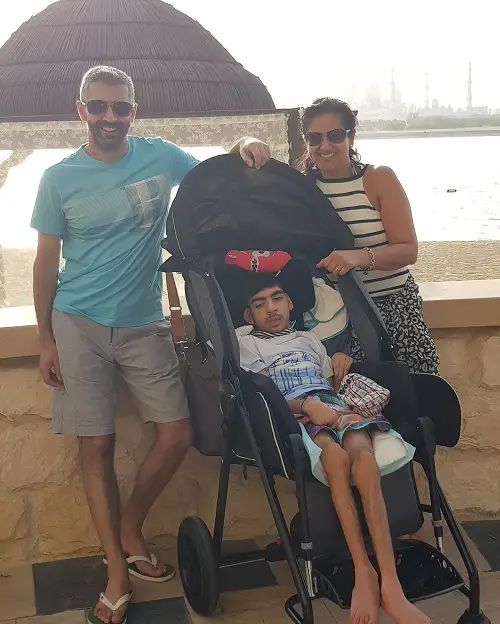
We decided that we still needed to have the carers come in to look after him, but only if they were happy to wear the appropriate PPE. We also asked our care team to self-isolate for 14 days if they or anyone in their family had even a minor cold or cough.
My son’s grandparents would normally spend a couple of hours each day with our son, but obviously we had to stop this in order to protect him and them. We did feel comfortable enough to go for walks as we believed that some non-contact exposure to the outside world, such as hearing other people’s voices, birds singing etc, could only be beneficial to him.
As the lockdown started to ease, we ventured further out and have taken drives to the park. If the number of cases continues to decline and the R rate remains below 1, I personally feel comfortable meeting a small group of family or friends in the garden in the next couple of weeks.
Like many disabled people, Krish benefits from the warmth and, in fact, is a totally different child when the sun is out; his muscles are more relaxed and he sleeps better. So, to be honest, we have started to think about an overseas holiday and are actually considering going away at the end of this year for some winter sunshine.
This, of course, all depends on the state of the pandemic at the time, the quarantine rules and how comfortable we actually feel about going away closer to the time. But we’re certainly not totally against it.
How do you feel about going on holiday during the coronavirus pandemic? Share your thoughts in the comments box or on Facebook and Twitter.
If you’re thinking of travelling away from home, whether within the UK or abroad, take a look at the Strive Mobility website to find out whether hiring instead of lugging heavy and cumbersome equipment would make your trip easier.
By Disability Horizons and Strive Mobility
More on Disability Horizons…
- PPE: from maks to aprons – all you need to know
- Visit the Disability Horizons Shop to buy a range of PPE
- Coronavirus: how to keep safe if you use carers and PAs
- 58% of disabled and chronically ill people feel anxious about the easing of lockdown